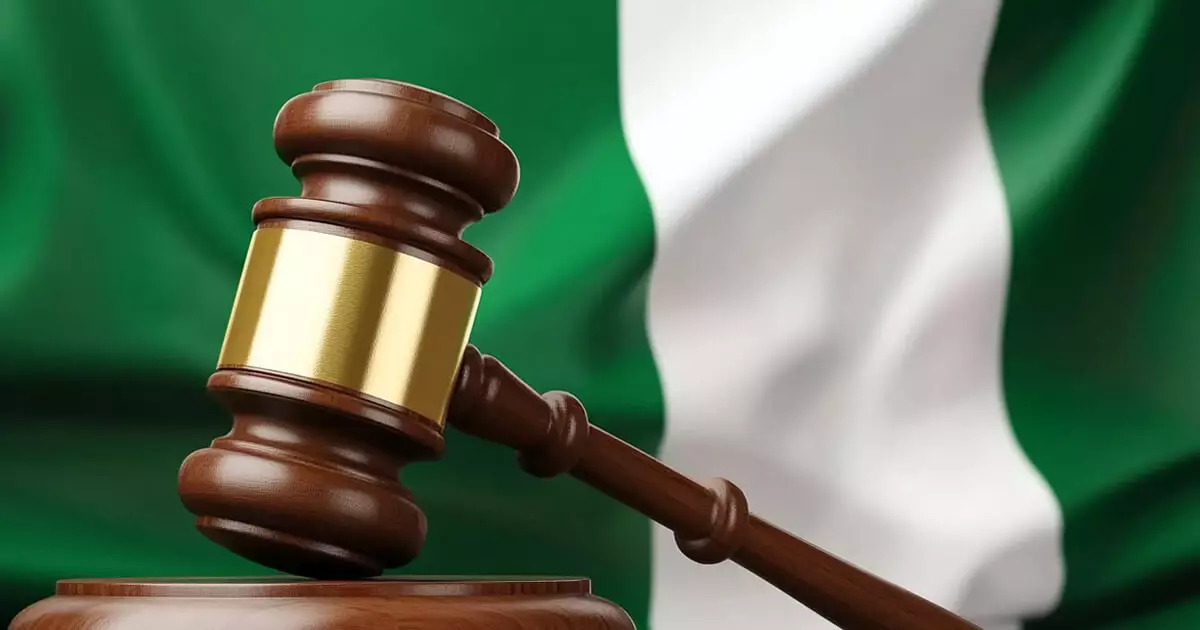In a recent development in Nigeria, the decision on the bail application for the detained Binance executive, Tigran Gambaryan, has been postponed until Oct. 9. This decision was made by Judge Emeka Nwite after hearing arguments from both Gambaryan’s lawyer, Mark Mordi, and the prosecuting counsel, Ekele Iheanacho, who opposed the bail request. The delay in the legal proceedings raises concerns about the efficiency and effectiveness of the judicial system in Nigeria.
Gambaryan’s lawyer had submitted a new bail application on Sept. 2, citing medical reasons and his worsening health conditions. The American citizen reportedly suffers from malaria, pneumonia, tonsillitis, and complications from a herniated disc, which have severely impacted his ability to walk. The request for bail was made to allow Gambaryan to receive the necessary medical treatment for his ailments. The delay in the bail decision puts Gambaryan’s health at risk and raises questions about the prioritization of human rights in the legal system.
International Criticism
The handling of Gambaryan’s case by the Nigerian government has come under scrutiny and criticism from the international community. A viral video showing Gambaryan limping into court sparked widespread condemnation from the crypto community. Critics, including Jeff Roberts, a crypto editor at Fortune Magazine, have accused the Nigerian government of unjustly detaining Gambaryan in an attempt to extort Binance for $10 billion. The lack of transparency and due process in Gambaryan’s case has raised concerns about the rule of law and human rights in Nigeria.
According to reports from local media outlet Nairametrics, Gambaryan allegedly refused prescribed medications and food during his detention. Despite recommendations from a neurosurgeon for medication, physiotherapy, and urgent surgery, Gambaryan expressed dissatisfaction with the treatment provided. His insistence on being transferred to a specific hospital led to his intermittent refusal of medical care. This raises questions about the adequacy of medical facilities in Nigerian detention centers and highlights the challenges faced by individuals in accessing appropriate healthcare while in custody.
The postponement of the decision on Gambaryan’s bail application, coupled with concerns about his health and the criticisms of the Nigerian government’s handling of the case, highlights the need for a fair and transparent legal process. The rights of individuals, regardless of their citizenship or occupation, should be safeguarded, and access to proper medical care should not be compromised in any circumstances. Nigeria’s reputation as a democratic nation governed by the rule of law is at stake, and it is imperative that the authorities address these issues promptly and responsibly.

